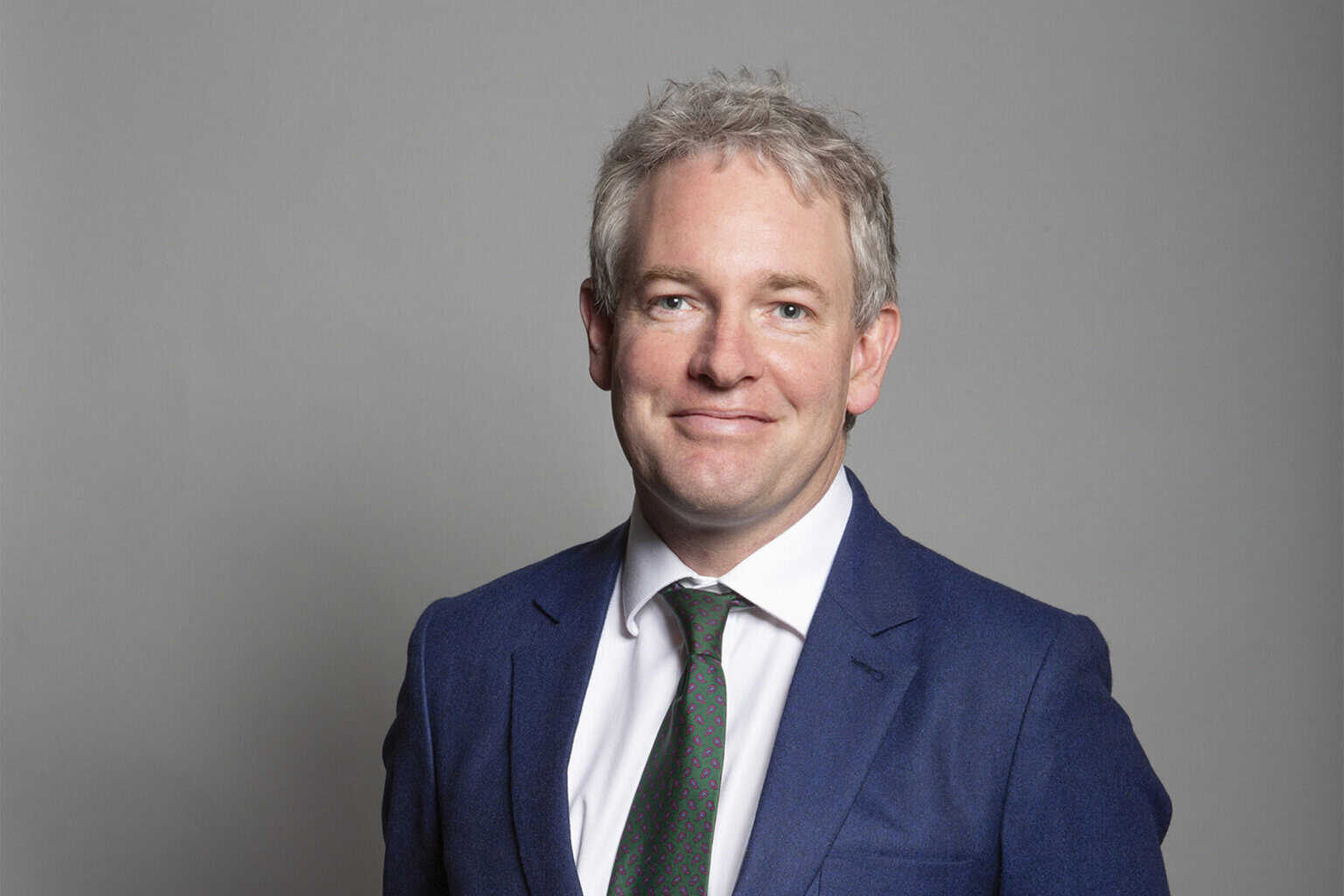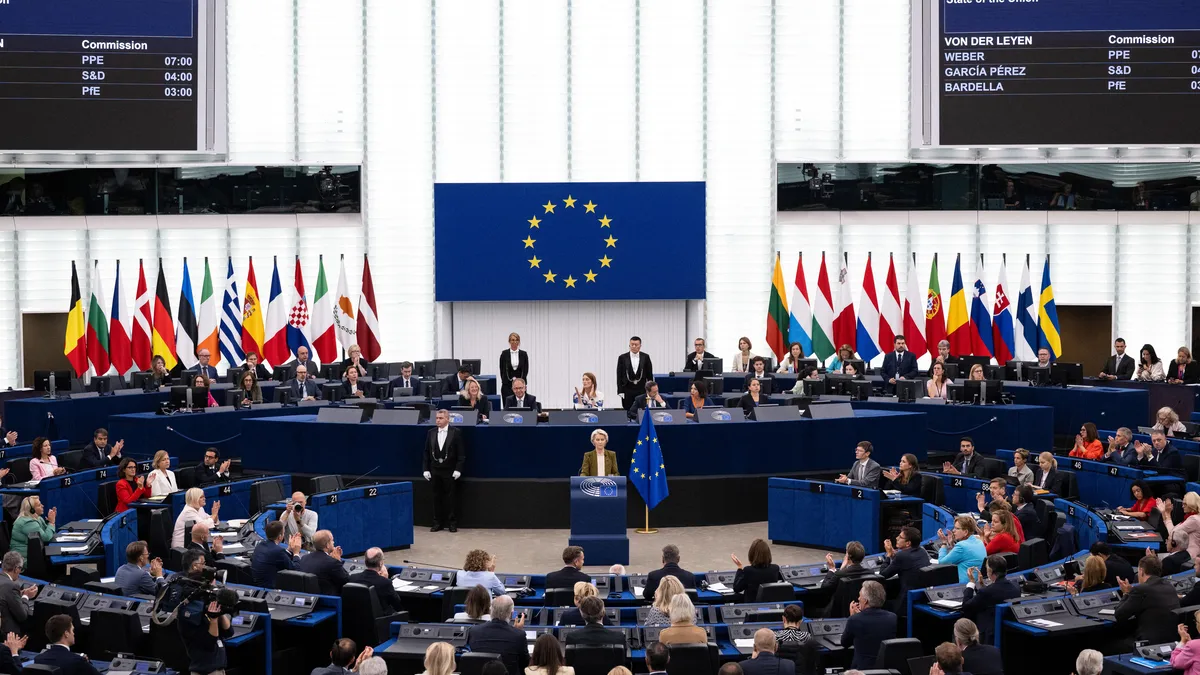By Michael Hehir
Copyright sluggerotoole

Danny Kruger MP’s defection from the Conservatives to Reform was certainly a surprise. If Reform continued to lead the opinion polls and, much more importantly, to outperform the Tories in elections for councils, mayors and Scottish, Welsh and London assemblies, for the next two years then such defections would be expected.
While a handful of former Conservative MP’s had already made the move, I had thought that sitting Conservative MP’s would wait another couple of years before taking any irrevocable decisions.
It is not as if Danny Kruger’s seat of Wiltshire East is near the top of the list of those most vulnerable to Reform. Certainly, the prediction from Electoral Calculus gives the Conservatives only a 27% chance of retaining the seat and Reform a 64% likelihood. That prediction is based on current polling. But that may prove too pessimistic. An awful lot can change in nearly four years before the next Westminster election must be held. Previous mid-term triumphs from the SDP Liberal Alliance, UKIP and the Liberal Democrats have all faded away.
Right now Reform can be a receptacle for protest votes as well as right wing voters who have lost faith in the Conservatives. Between general elections protest votes are seen as free, but at the actual election if you vote a party into office you have to live with the consequences. Reform will be forced to flesh out policies on the economy and public services in the run up to the general election. This will open up new lines of attack for its opponents at a time when voters will be paying closer attention.
The British Election Study published a fascinating analysis earlier this month which showed how voting intentions had switched between parties, moving from those actually cast in 2024 to their current position in opinion polling in May, when Reform first hit the 30% levels it still enjoys. (It is titled ‘Looking for Labour’s Lost Votes’, but in fact gives information on all the parties. https://www.britishelectionstudy.com/uncategorized/looking-for-labours-lost-voters/)
It contains this rather eye-boggling graph which shows exactly how voters have moved.
NV = Non Voter
DK = Don’t Know
Before you start to hallucinate, let me guide you through what this means for Reform.
42% of their new support (those who have come to Reform since the 2024 election) previously voted Conservative. We can assume that they are unlikely to be repelled by Reform’s right of centre social and economic policies. So long as the Conservatives present no credible prospect of forming the next government they can be expected to view Reform as their best policy bet.
A full third of new Reform supporters comes from those who did not vote in 2024. The problem for Reform is that non-voters (or the disengaged as they are sometimes known) tend to remain that way. While the EU Referendum did persuade considerable numbers of them to turn out, there is a real danger that many, or even most, of Reform’s previously non-voting supporters might not make it to the polls.
16% of their new support is from former Labour voters, with the remaining 9% made up of small donations from the Lib Dems, Greens, Nationalists and others. This total of 25% from largely left of centre voters would be the group who might be most inclined to think twice when they see the details of Reform’s policy proposals.
And then we come to EVENTS. Four years during which all sorts of things could happen. Those that we can imagine might happen – Badenoch replaced by a more effective leader, improvements in the NHS, low inflation and higher growth in the final 18 months of the government’s term, a pact between Reform and the Tories, a Reform own-goal – and those which are unpredictable.
The Conservatives won 121seats at the last election. Predictions based on current polling suggest that they would lose around 85 to 90 of those. But let us take a more ‘conservative’ view of the possibilities. What would be the case if most of those previous non-voters stayed at home, and if Reform had to largely rely on the votes it has currently won from the Conservatives. This is still a doomsday scenario for the Tory party who could expect to lose around 50 to 60 seats – mostly, if not all, to Reform.
Critically for Kruger, though, Wiltshire East – his constituency – would most likely be a toss-up between Reform and Tory.
On the face of it Kruger’s defection at this point appears premature. He might have just as good a chance of retaining his seat if he remained a Tory – and he could well afford to wait and see for a lot longer.
It is perhaps a measure of the levels of defeatism and even despair amongst members of the Conservative Parliamentary party that an ambitious MP has gone so soon. And it must leave others wondering if they should jump ship sooner, while their new party would be feeling more grateful. There may be no prizes for those who come last.
One other point about the timing. It may be that the timing of Kruger’s announcement was entirely his own decision. However, if it had been in the works for a couple of weeks, why not announce it at the Reform Conference where it would have created even greater drama? Or if he was not ready then why not hold the announcement for a fortnight so that it came just before the Tory Conference, or even on the opening day? Nigel Farage claimed this morning in ‘The Times’ that other Conservative defections will come. Are one or more waiting in the wings to be announced to cast even more gloom over the Tory get together?



